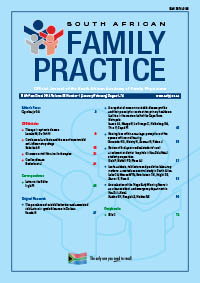Ethics in health care: confidentiality and information technologies
Keywords:
confidentiality, communication, information technologies, patient care
Abstract
Before the advent of the new communication and information technologies (NCITs), patient care was sometimes delayed because of the lengthy time it took to transmit patient information from a doctor in one location to a colleague in another. NCITs bring many advances to medicine, including to the area of communication. With a simple click, rural doctors can access their patients’ laboratory test results, transmit images immediately, and receive feedback from a number of specialists working far away in teaching hospital centres. Doctors have a general obligation to preserve patient confidentiality, which includes keeping patients’ information confidential. Medical confidentiality remains a vital part of ethical professional practice and it is likely that it will remain so. However, data transfer in this age of NCITs presents new ethical challenges in maintaining patient confidentiality.
Section
Ethics CPD Supplement
By submitting manuscripts to SAFP, authors of original articles are assigning copyright to the South African Academy of Family Physicians. Copyright of review articles are assigned to the Publisher, Medpharm Publications (Pty) Ltd, unless otherwise specified. Authors may use their own work after publication without written permission, provided they acknowledge the original source. Individuals and academic institutions may freely copy and distribute articles published in SAFP for educational and research purposes without obtaining permission.

